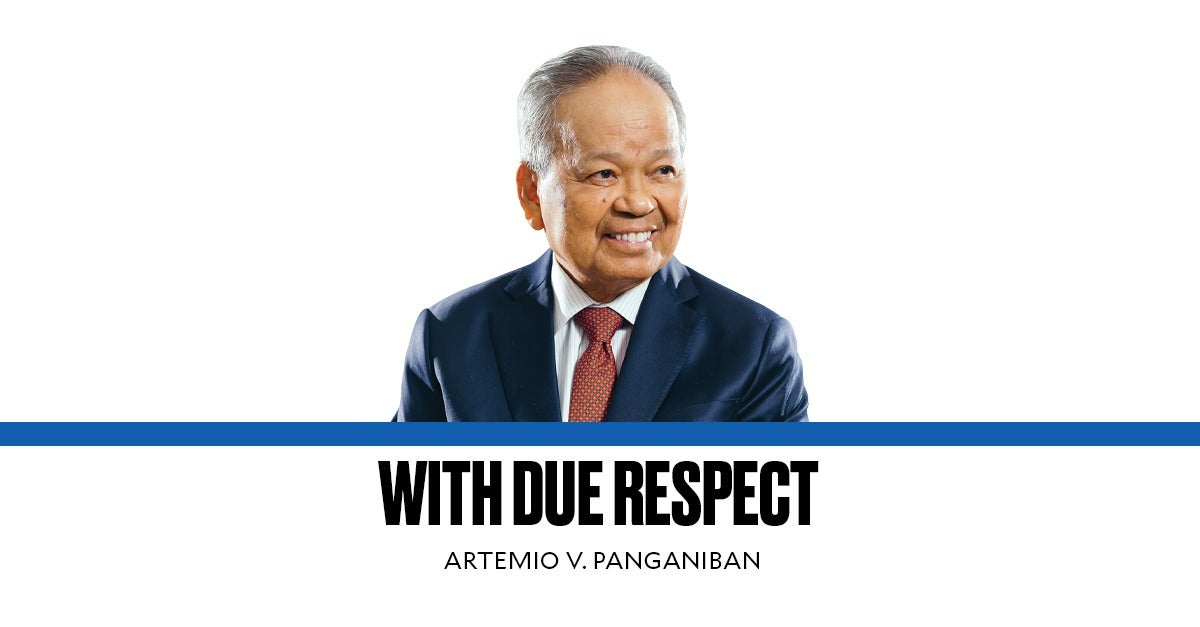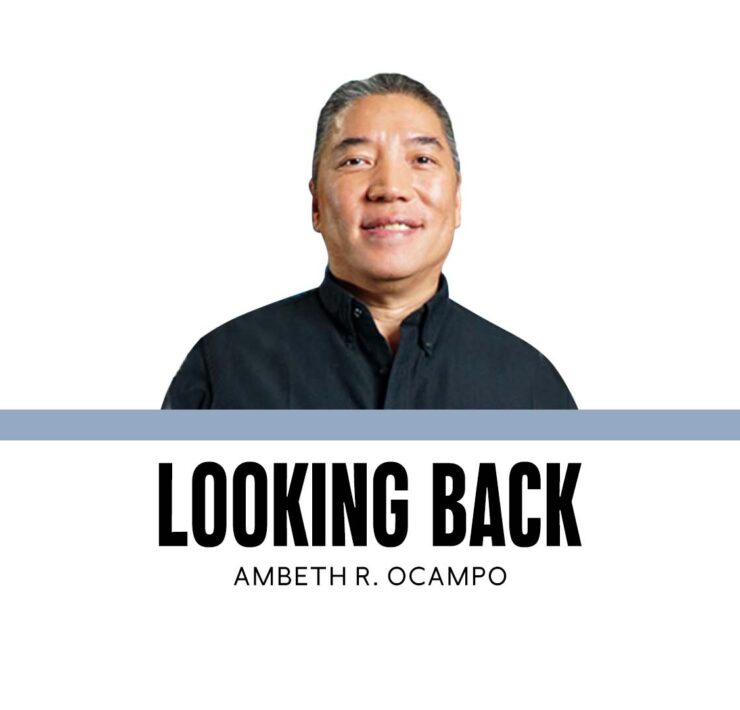Only the injured spouse may thrash union

The Universal Declaration of Human Rights, the International Covenant on Economic, Social, and Cultural Rights, and the International Covenant on Civil and Political Rights recognize and proclaim the integrity of the family and the sanctity of marriage. So do our Constitution, Family Code, and other laws, and the decisions and rules of our Supreme Court. Yet, in actual, flesh-and-bones cases, the best legal minds of our country, the revered justices of our highest court, often disagree on how to interpret, apply, and enforce them.
A RECENT EXAMPLE IS FIGARIDO V. FIGARIDO (Nov. 5, 2024, per J Ricardo R. Rosario, en banc, 9-4-1; but released only on Feb. 14, 2025). In 1989, Maria Lina married Ho Kar Wai (Ho), a Chinese national. The union was re-solemnized in 1994 in Parañaque City. In 2003, Maria Lina contracted a second (bigamous) marriage with Edwin (who knew of her prior marriage) in Quezon City. They had two children born in 2004 and in 2007. In 2007 also, Ho obtained a divorce decree from a Hong Kong court. In 2009, Maria Lina obtained a decision from the Regional Trial Court (RTC) of Parañaque City recognizing the divorce decree.
In 2014, the couple separated. Maria Lina took custody of the children while Edwin went overseas to work and was never heard from. In 2017, Maria Lina filed before the RTC of Parañaque a petition for a declaration of the nullity of her marriage to Edwin for being bigamous and for a declaration of her capacity to remarry. In 2019, the RTC denied the petition. And in 2021, the Court of Appeals (CA) upheld the RTC’s decision.
AFFIRMING THE CA’s DECISION, the Supreme Court held that only the aggrieved or injured innocent spouse of either marriage may petition to declare the nullity of the subsequent marriage. Since Maria Lina is not the aggrieved or injured spouse, she lacked the legal capacity to petition for the declaration of the nullity of her subsequent marriage.
The Court cited Section 2(a) of the “Rule on Declaration of Absolute Nullity of Void Marriages” (the Rule) which provides that “a petition for (the) declaration of (the) absolute nullity of (a) void marriage may be filed solely by the husband or the wife.” The decision relied on the “Rationale” for the “Rule” issued earlier by the Court, as follows: “Only an aggrieved or injured spouse may file petitions for annulment of voidable marriages and declaration of absolute nullity of void marriages.”
Maria Lina contended there is no injured party since her first husband had divorced her, but the Court stressed (1) that the denial of Maria Lina’s petition is “not a refusal to declare her bigamous marriage void, but rather a repudiation of Maria Lina’s legal personality to file the said petition,” and (2) that a grant of her petition would “bastardize the institution of marriage to the prejudice of the State.”
CJ Alexander G. Gesmundo, J Alfredo Benjamin S. Caguioa and J Maria Filomena D. Singh wrote enlightening concurrences while J Amy C. Lazaro-Javier and J Rodil V. Zalameda filed stirring dissents. The CJ mightily stressed that “one who seeks equity and justice must come to court with clean hands and on the age-old maxim ex dolo malo non oritur actio—no man can be allowed to found a claim upon his own wrongdoing.”
IN HER DISSENT, J Javier argued that the “Rule” simply states that the petition may be filed “solely by the husband or the wife;” it does not say that only the “aggrieved or injured spouse” is capacitated to do so. This alleged capacity requirement is found only in the “Rationale,” not in the “Rule.” She emphasized that Maria Lina – before marrying Edwin – was advised by a local attorney that the absence of her first husband for seven years allowed her to remarry, and by a Hong Kong lawyer that absence for two years is a ground for divorce. Thus, being in good faith, she should not be punished for relying on such advice.
She added that in Cariaga v. Republic, penned by J Caguioa, the First Division held that the doctrine of unclean hands does not apply to the declaration of nullity of marriages solemnized without a valid marriage license. By parity of reasoning, it should likewise not apply to the nullity of a bigamous marriage.
Answering J Javier, J Caguioa retorted, “Nowhere in Cariaga did the Court rule that the unclean hands doctrine applied or did not apply.” He also opposed J Javier’s reliance on rulings of the US Court of Appeals, stating that decisions of the US Supreme Court are merely persuasive, not binding, “more so, the decision of a court of appeals.”
J Zalameda insisted that the “Rationale” is not mandatory. And nothing in the Family Code supports the limitations provided in the “Rationale.” He exclaimed, “The State has no interest in preserving a bigamous marriage, and the Court should not refuse to declare this marriage void by primarily relying on technicalities.”
I agree with the majority. To paraphrase J Caguioa, condemning the guilty party in a bigamous marriage to perpetual incapacity to remarry is not too harsh a punishment for trifling with marriage, an inviolable social institution that the Constitution protects and cherishes, and the Lord bound till death parts the couple.
—————–
Comments to chiefjusticepanganiban@hotmail.com





















